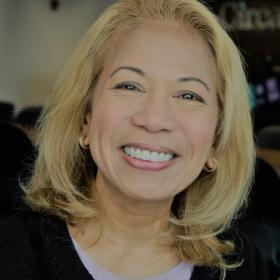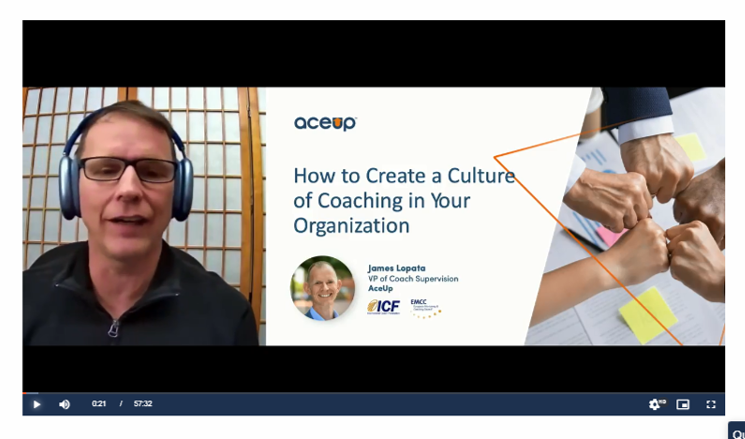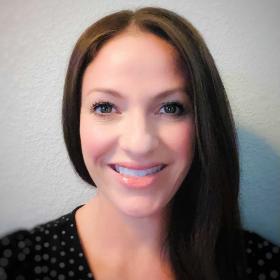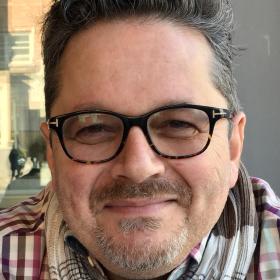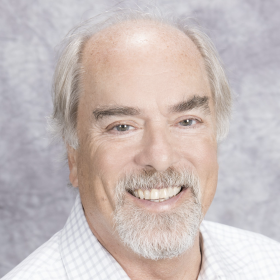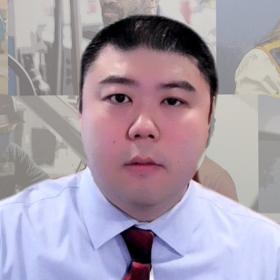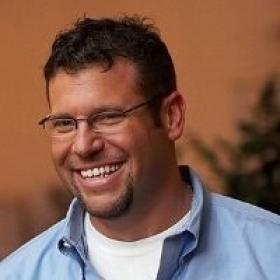Search
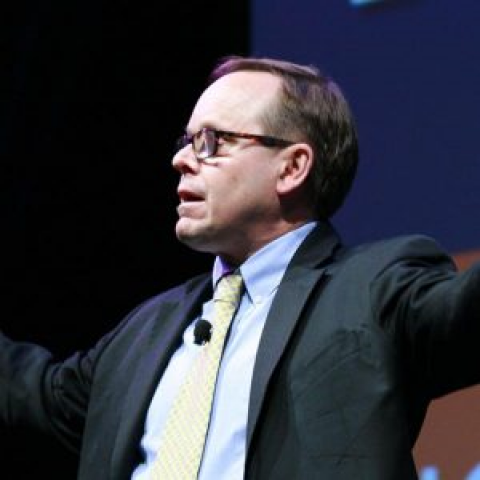
3:10 pm
3:10pm EDT Closing Remarks

3:00 pm
3:00pm EDT Conference Wrap Up
Five Things Successful Companies Consider When Evaluating HR Software
Building a Coaching Culture to Drive Performance and Engagement

Drive engagement and performance by creating a coaching culture throughout your organization.
- Help your leaders and managers distinguish coaching from mentoring and managing
- Assess coaching capabilities across your organization
- Increase the coaching effectiveness of leaders and managers
- Embed coaching tools, behaviors and activities
- Address coaching risks and barriers
- Drive the adoption of a coaching culture at all levels
Create a Culture of Coaching
Organizations with strong coaching cultures are roughly 2 times more likely to be a high-performing organization than their counterparts. In this webcast, we partnered with AceUP to examine how high-performing organizations create and foster a culture of coaching.
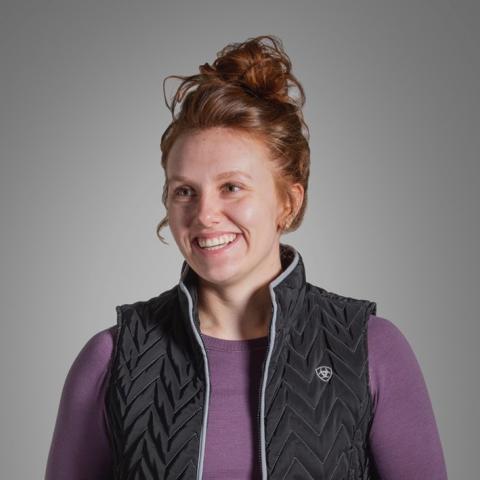
1:45 pm
1:45pm-2:20pm EDT Work Smarter, Not Harder: Reimagining Your Wellness Policies and Practices for A Healthier Tomorrow
Ever wonder what other organizations are doing that allows their in-person and remote associates to live their best lives? This session dives into practical, evidence-based wellness opportunities that you can utilize in your own organization with a few tweaks to fit your unique employee group. Ranging from supportive policies to tried-and-true practices that support the holistic wellbeing of every employee, participants will walk away with real ideas to implement within their own organization.
Participants will leave this session with:
- A better understanding of evidence-based worksite wellness practices, policies, and programming.
- Tangible wellness offerings to implement in their own organization with minor edits.
- A more holistic view of what wellbeing encompasses and how mental and physical wellness can be supported as one.

3:50 pm
3:50pm EST Conference Wrap Up
How the Pandemic Has Changed Leaders for the Better
The Human Capital Institute’s recent webinar, “How the Pandemic Has Changed Leaders for the Better,” addresses the collective “awakening” many organizations have been experiencing, causing them to turn their attention to the needs - both personal AND professional - of their employees. It highlights findings from “Leading With Humanity: The Future of Leadership and Coaching” report by the Institute of Coaching (IOC) at McLean/Harvard Medical School.
AceUp’s VP of Coaching Impact, Rach SebellShavit, sat down with Margaret Moore, co-founder and chair of the IOC, to talk about the ways the pandemic has allowed a rare opportunity for organizations to change the way they lead.
“If you really stand back,” she said, “everything we do in organizational life is ultimately serving humans, whether it’s collecting taxes to distribute them, making bicycles so you can get around … everything we do is for humans. In the end, we are leading for humanity, but I don’t think that’s where people are yet in terms of world view, so we went with ‘Leading With Humanity’.”
Moore described how, when we look at people, we tend to look through them to the result we desire. We don’t see people first. But, because of the abrupt shock and immense human suffering caused by the pandemic, leaders could no longer look through their people, whose lives were turned upside down. Their people were scared, worried and confused. The future became entirely unknown.
From the information gained in their interviews, Moore said that if you see people and attempt to understand what they need, what they want, and where they are, and do it well, they will be willing to follow you through a crisis. Organizations don’t change easily, she said, and that can’t happen in a crisis. Organizations need to move toward a productive change.
“If you lean in, and be with people as they are, they will come with you,” said Moore.”The focus on the individual’s needs and resilience ultimately is the driver of organizational resilience. The folks we talked to saw that with their own eyes. I don’t think that was so obvious before, that the way organizations become resilient is by intentionally and genuinely focusing on the human need.”
Asked by SebellShavit what her one takeaway from this report would be, Moore said she and the other fellows who put together the report have endeavored to connect the findings of their interviews to existing research.
“Interestingly, there’s been an expanded view of a framework called ‘compassionate leadership’,” she said, citing that there are many different business frameworks out there, “and this really spoke to us as the one that really summed up where we are.”
Quoting a leader who was interviewed in the report, Moore said, “‘We haven’t been human enough. The pandemic is providing us with an opportunity’.”
Compassionate leaders set themselves apart, she added, because they come from a place of integrity and presence. “Within that space, they’re awake. They’re keenly aware of how their actions affect others and how their influence can actively shape the experience for everyone.”
You can read the IOC’s “Leading With Humanity” report here.


